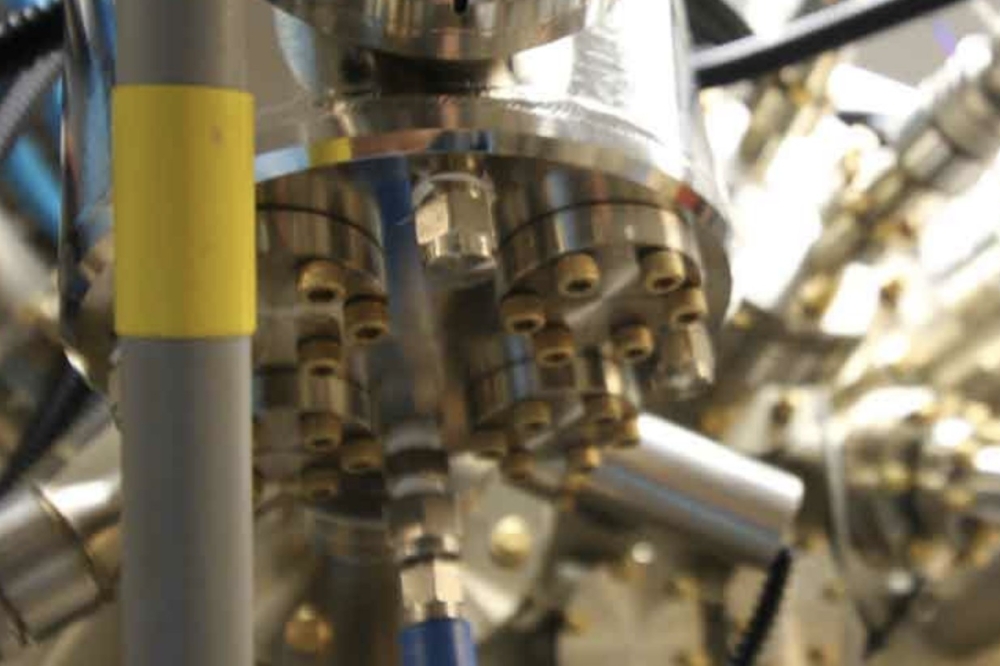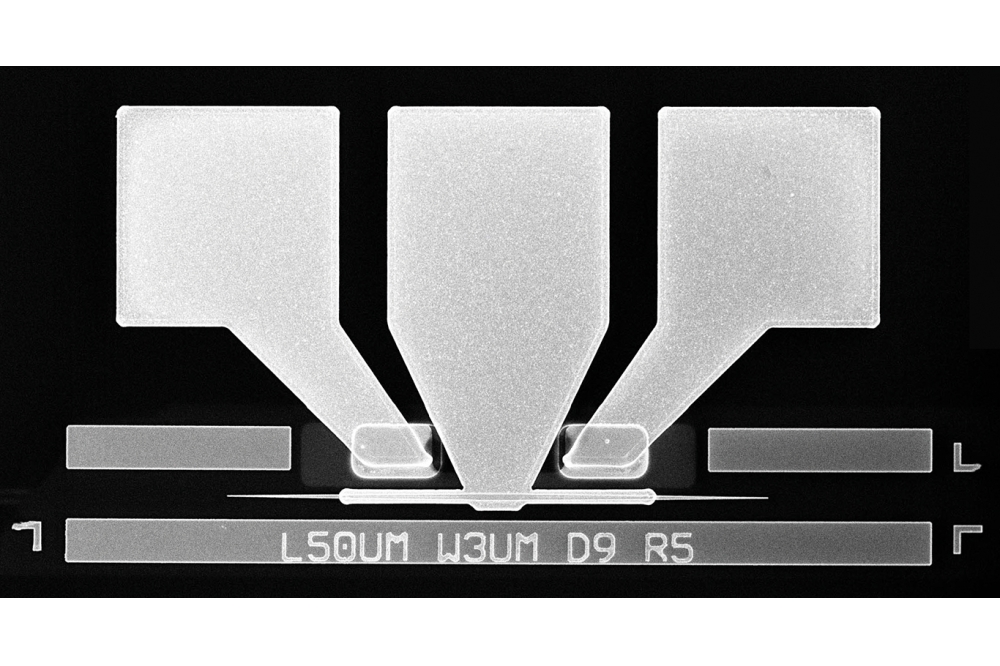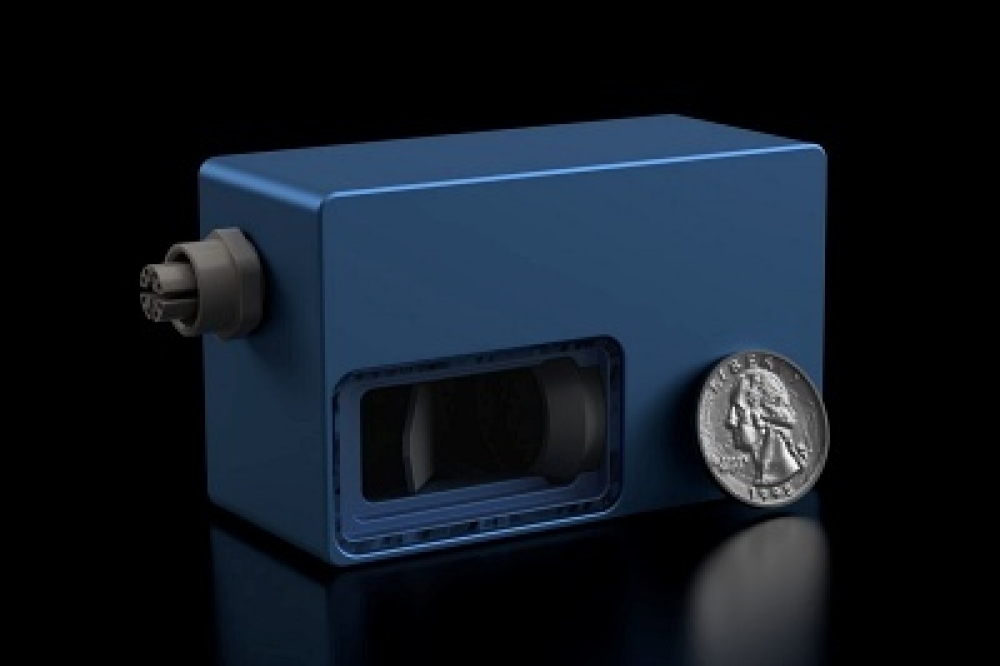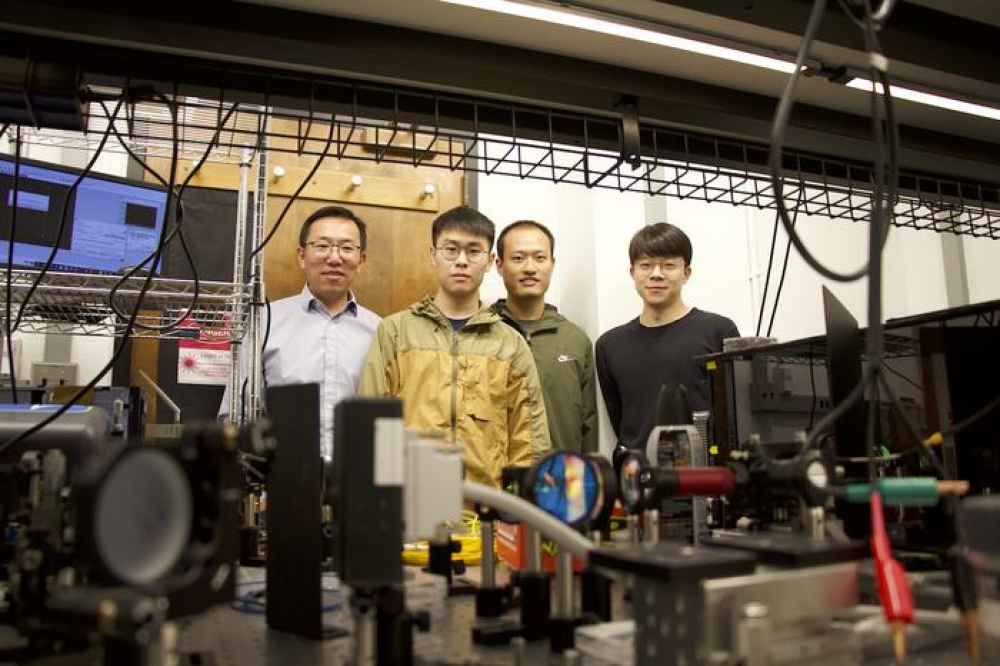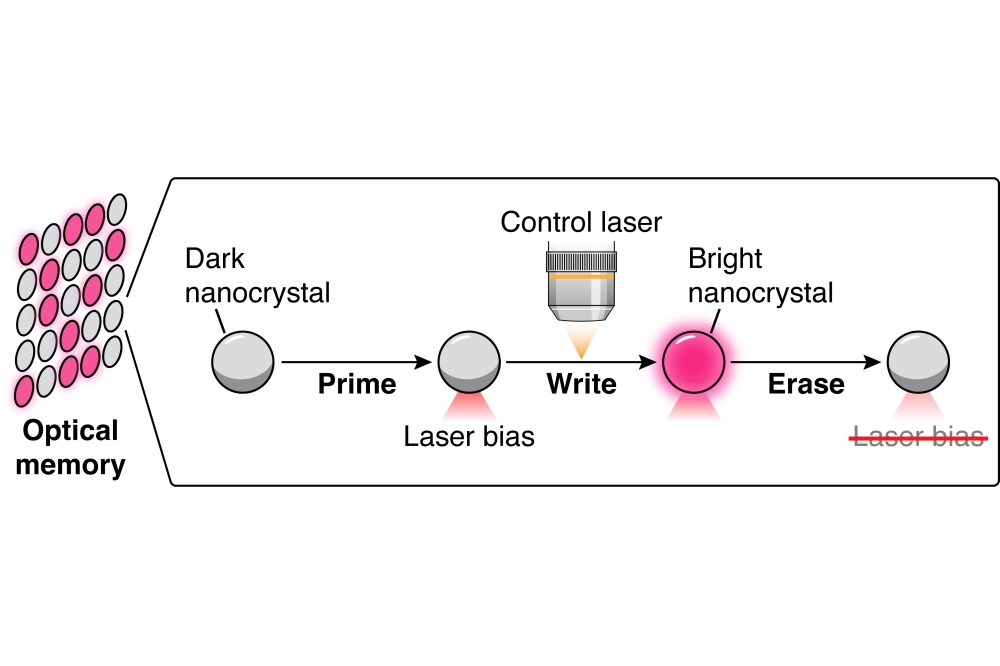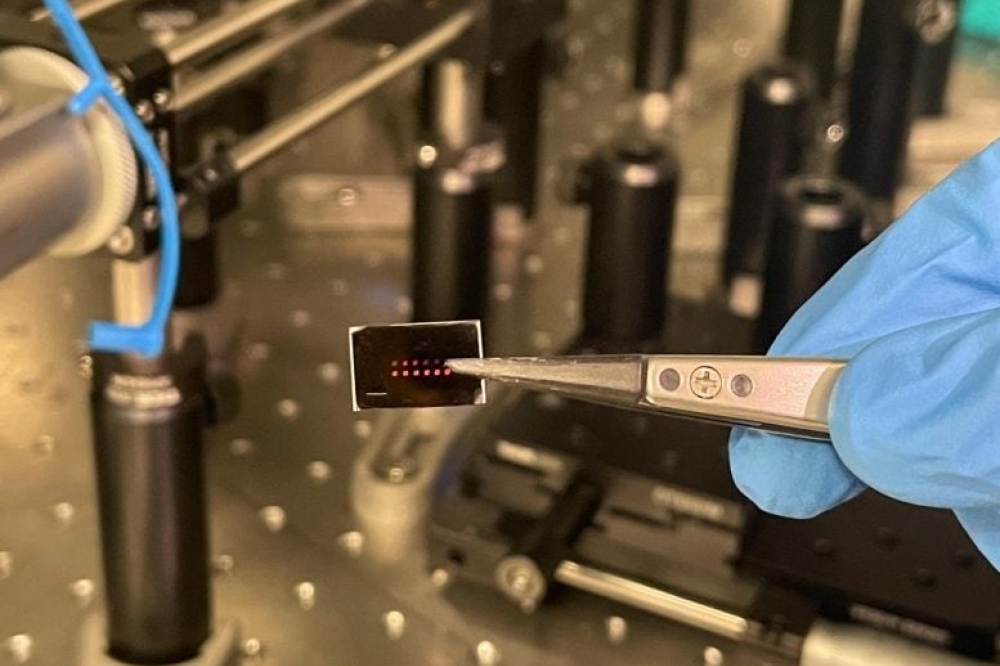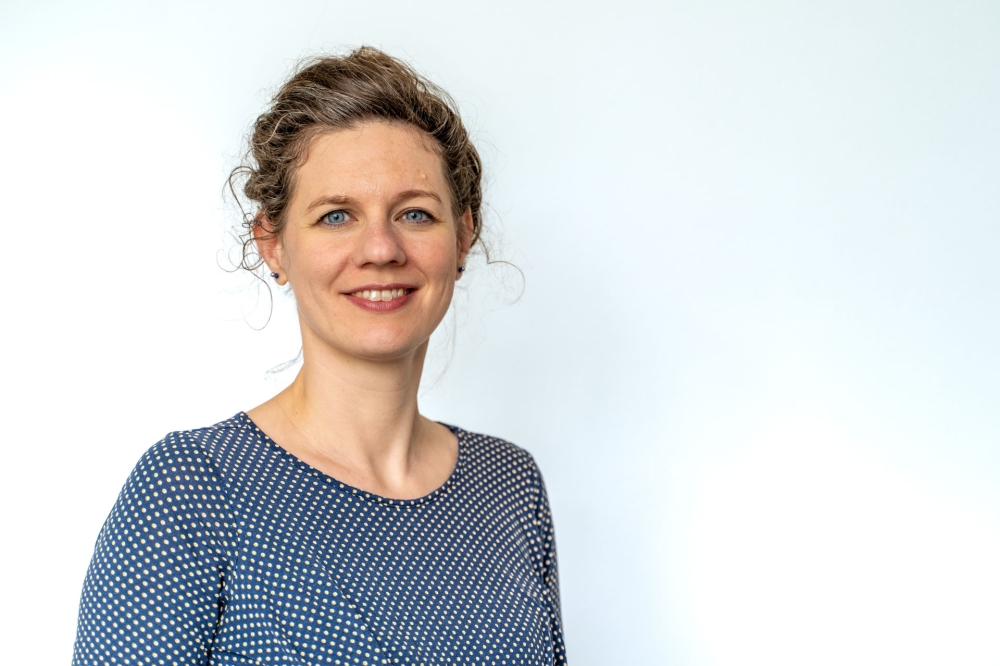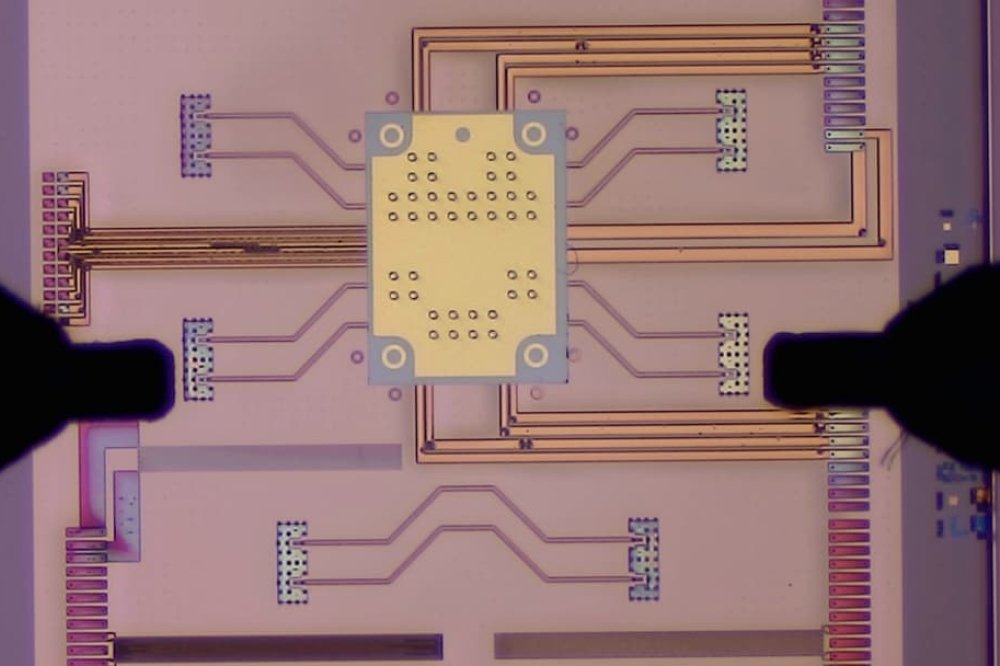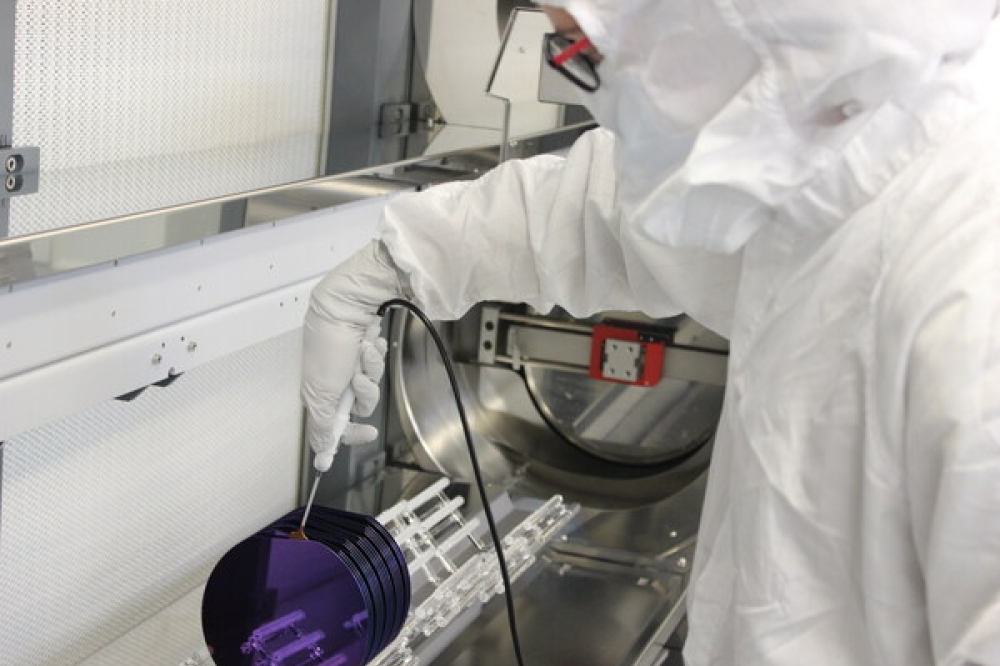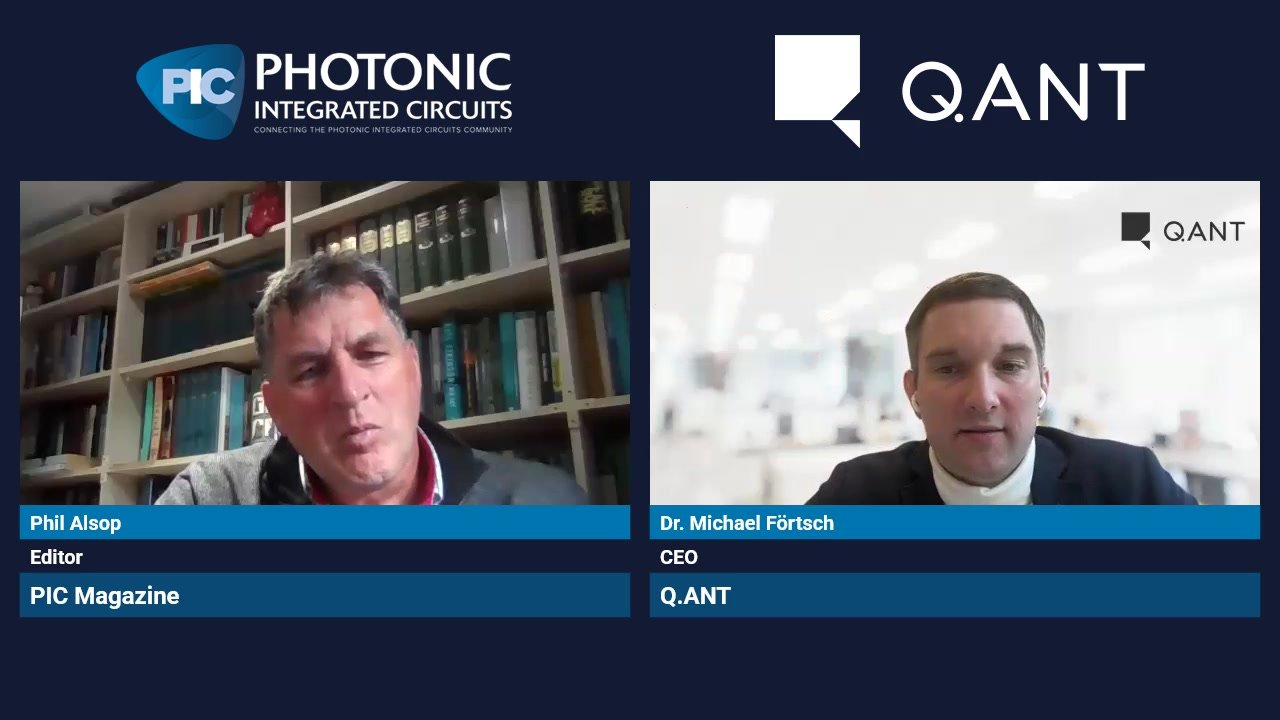New Director for Strathclyde’s Institute of Photonics
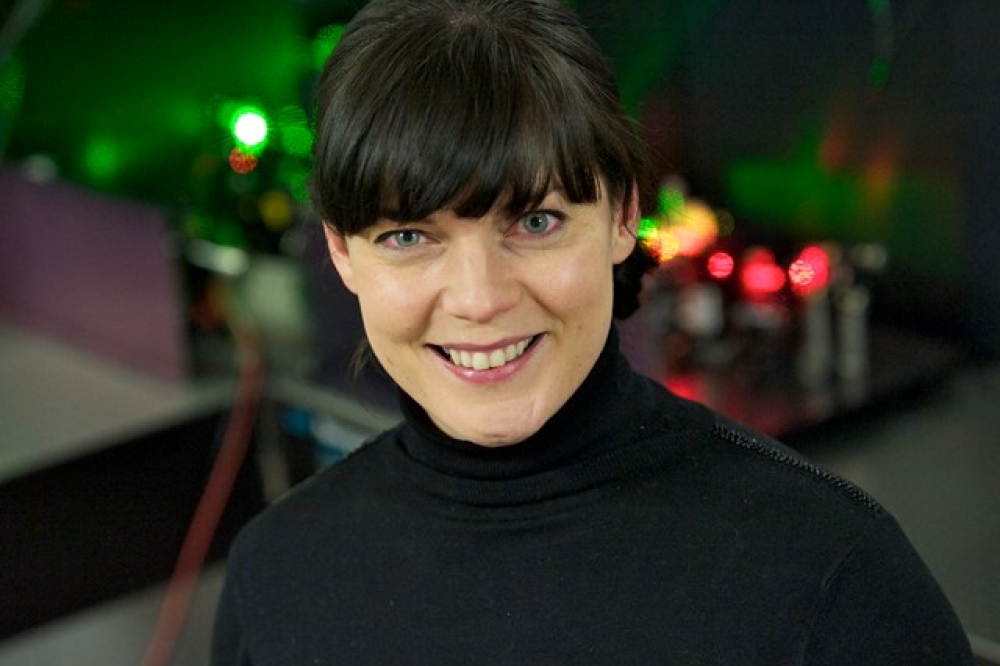
Jennifer Hastie, the Institute’s deputy director, has an international reputation for her work on narrow linewidth semiconductor disk lasers
A new director has been appointed at the University of Strathclyde’s Institute of Photonics (IoP). Jennifer Hastie was previously the Institute’s deputy director and has worked there since she joined as a PhD student in 2000.
She leads an Institute of more than 30 staff and more than 40 PhD and EngD students. The IoP carries out extensive research into photonics technologies and devices, including lasers, micro-LEDs (light-emitting diodes), quantum light sources, and optical circuits, and is developing and enabling applications in quantum technology, health technology, neuroscience, computing, imaging, communications and security.
The IoP’s activities are based on the key priorities of: research excellence; research leadership; international collaborations and knowledge transfer. The institute advises and collaborates with a broad range of industrial partners, as well as working in close partnership with the Strathclyde-hosted Fraunhofer Centre for Applied Photonics.
Hastie succeeds Keith Mathieson, Royal Academy of Engineering chair in Emerging Technologies at Strathclyde. She will be supported in her new post by deputy director Nicolas Laurand and director of research Martin Dawson.
Hastie said: “I am delighted to have been appointed director of the Institute of Photonics and am looking forward to working with my colleagues to deliver our strategy, as well as playing our part in Strathclyde’s Vision 2025.
“Photonics is a key strength at Strathclyde, spanning physics and engineering, and underpins a wide range of strategically important cross-faculty and interdisciplinary research themes.
“At the Institute of Photonics, we aim to build our activity and work with major partners across a number of research initiatives aligned with University Strategic Themes, including Health Tech, Optical Communications, Space Tech, Quantum Tech and AI. We are also aiming to recruit, with senior appointments envisaged to complement and collaborate with the successful researchers we already have working across these areas."
Hastie’s own research team has gained an international reputation for its work in the field of narrow linewidth semiconductor disk lasers, and this led to her joining the management board of the UK National Quantum Technology Hub in Sensing and Timing, delivering lasers for optical clock systems. She was also Programme Chair of the international VECSELs (Vertical External Cavity Surface Emitting Lasers) conference at SPIE Photonics West in 2013 and 2020.
During her career, Hastie has published more than 60 articles and research papers, and her research has a main focus on optically-pumped semiconductor and solid-state lasers.
Hastie is an elected senior member of Optica, formerly the Optical Society of America, and of IEEE (Institute of Electrical and Electronics Engineers).





